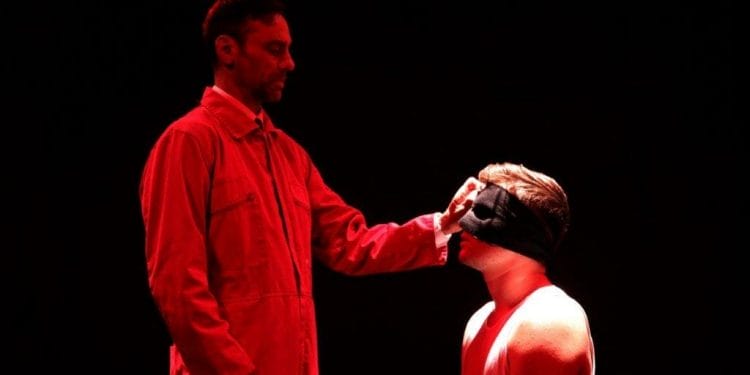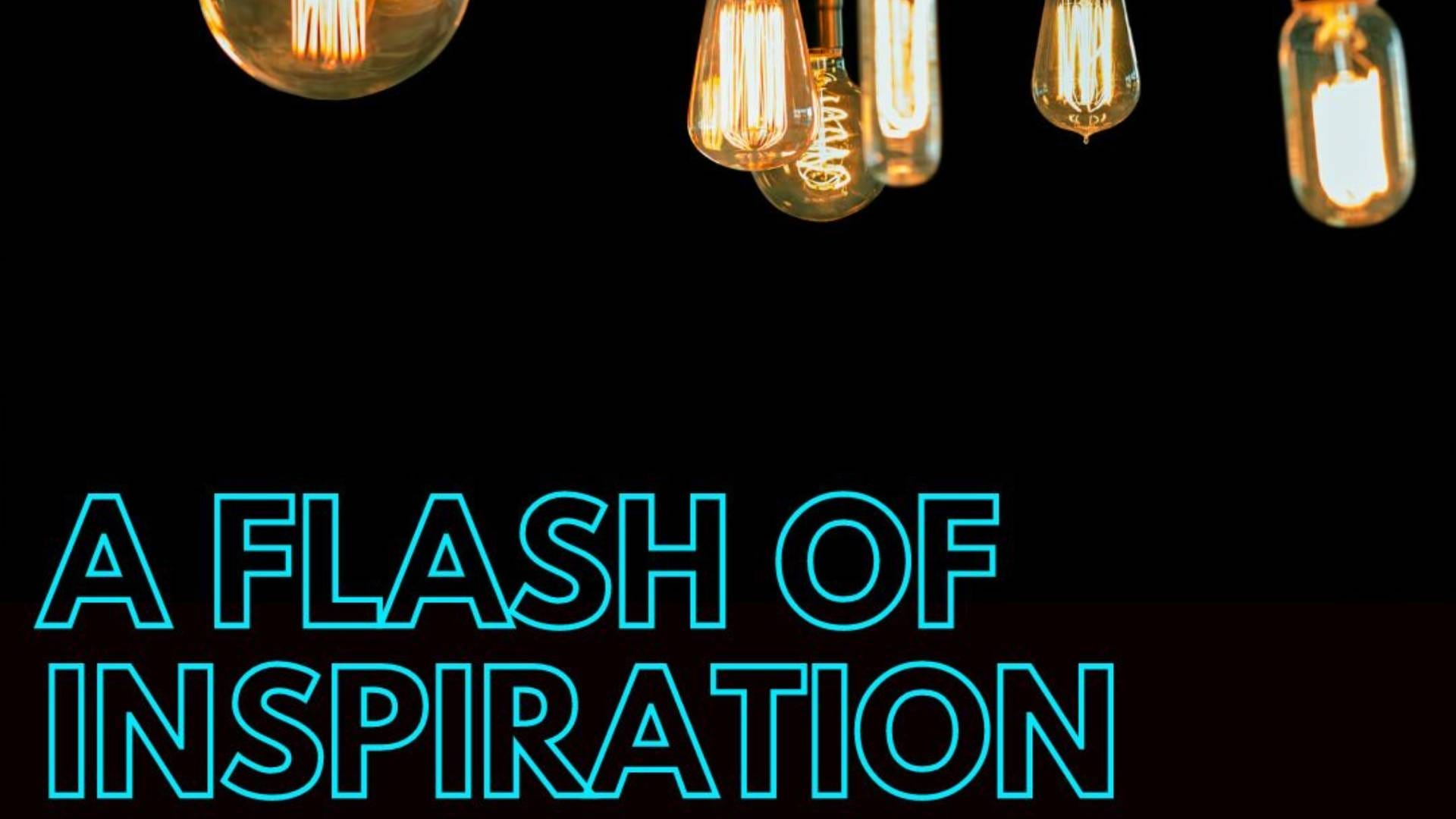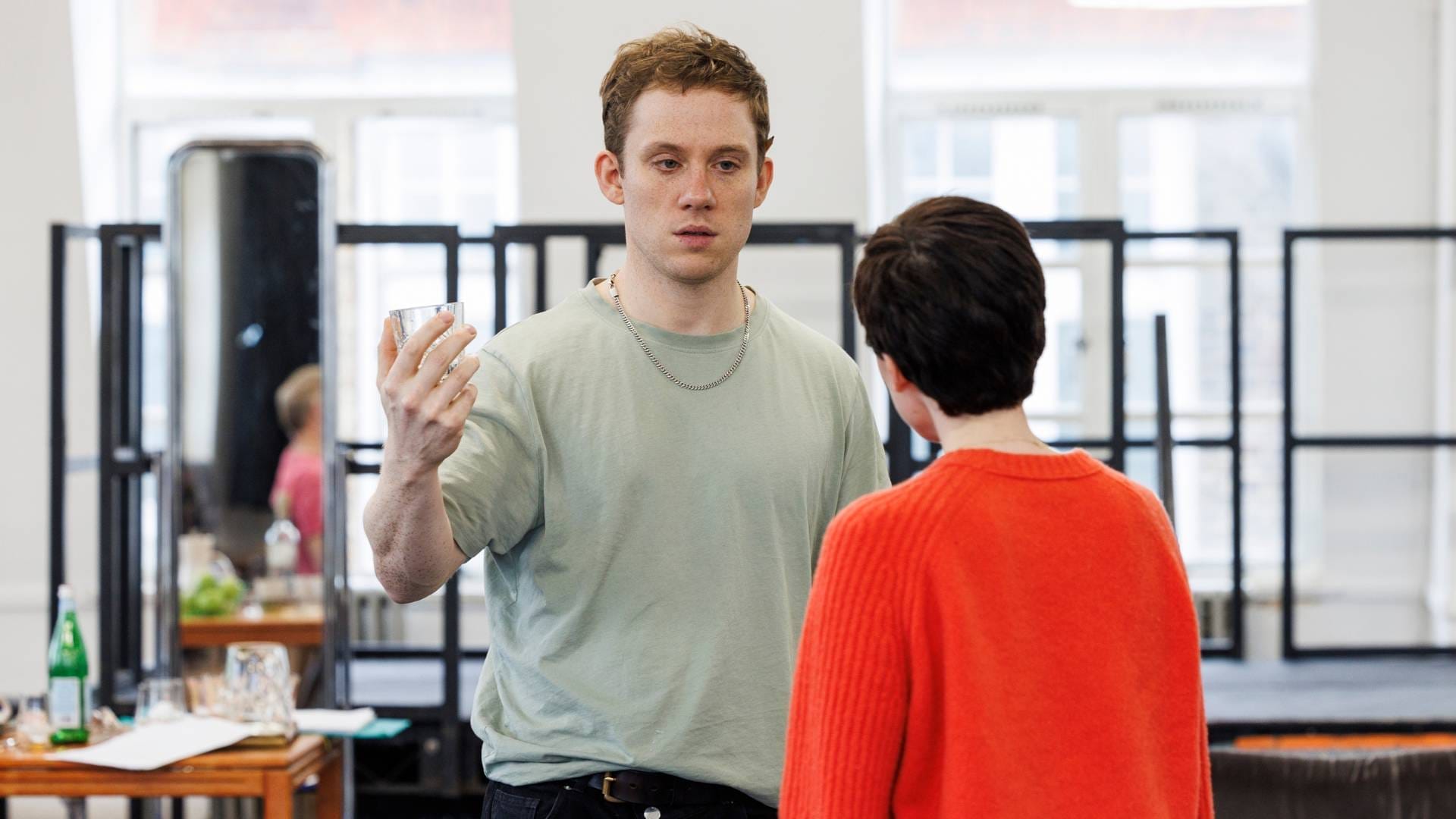 A far right Government falling after ten years of unsympathetic rule might sound like the kind of headline we could see any day now, and as Proforça theatre kick off their second season at The Lion and Unicorn with At Last, directed by David Brady and Jess Barton, we are given a stark reminder of how just close to fact, this work of fiction has become.
A far right Government falling after ten years of unsympathetic rule might sound like the kind of headline we could see any day now, and as Proforça theatre kick off their second season at The Lion and Unicorn with At Last, directed by David Brady and Jess Barton, we are given a stark reminder of how just close to fact, this work of fiction has become.
Such views of dystopia are often set in the future, a kind of warning to what could lie ahead based on our actions today. Instead, writers James Lewis and Alexander Knott, have set At Last in 2018 in what could be described as a parallel UK. The Government has fallen and now citizens from both sides of the political spectrum are being called to give their story to the Truth and Reconciliation Commission.
The entire narrative is told in the form of intertwining monologues, the characters never speak to each other, save for one poignant moment between two siblings, instead they are telling us their stories, in the form of testimony, and no two stories seem to be the same.
Perhaps that’s because At Last is telling us both sides of the story; there’s the activist (Gemma Wray) who tells us she has to act because she’s so angry, but there’s also the Justice of The Peace (Malcolm Jeffries) who believes he is doing the right thing for society when he takes young men away from their mothers, and places them in re-education centres.
Brexit has happened in this alternative timeline, and to no-one’s surprise Britain did not find itself in the land of milk and honey. Instead checkpoints and curfews are established, and those flouting the law are caged in the middle of Piccadilly circus. Sounds far-fetched? Think again, the writers have carefully built this picture of society developing over a decade, the changes are small at first but develop in to an authoritarian society, the parallels between this play and what we’ve seen in reality over the last ten years are astounding.
Yet, it doesn’t come across as overtly political and the play doesn’t really seek to influence opinion one way or the other (although both Brexiteers and Remainers are likely to see what they want to see). Instead, it focuses on the impact to individual people and their families. Melissa Phillips, as lawyer Grace acts as the glue that binds these individuals together, but the reality of it all comes from the personal stories, such as Colin (Anthony Fagan) who is part of the regime by default, but still loses the man he loves to its cruel workings.
The most compelling part of At Last focusses on three members of the same family, a heartbroken mother (Demelza O’Sullivan) who watches one of her sons dragged off to a detention camp, while the other (David Angland) becomes one of the many new ‘police’ officers charged with maintaining law and order. As the detained brother, Michael Faulkner gives a superb performance, and the closing scene of act one forces the audience to feel the kind of shame that’s been described just a few scenes previously.
The nature of the production means that it takes a little while to fully grasp what is going on in this complex, new yet familiar, world. The way that the monologues cut across each other also takes some getting used to, as spotlights pop on and off to highlight the relevant speaker. It all comes together though, and the use of projections, recorded ‘interviews’ and the oppressive sound effects combine to create this totalitarian vision of Britain.
With an explosive story line and a first-rate cast, At Last cements itself as a modern classic. In decades to come this play will be performed to audiences who know the true ending to our current reality, and we can only hope they will still view it as a work of fiction.





















